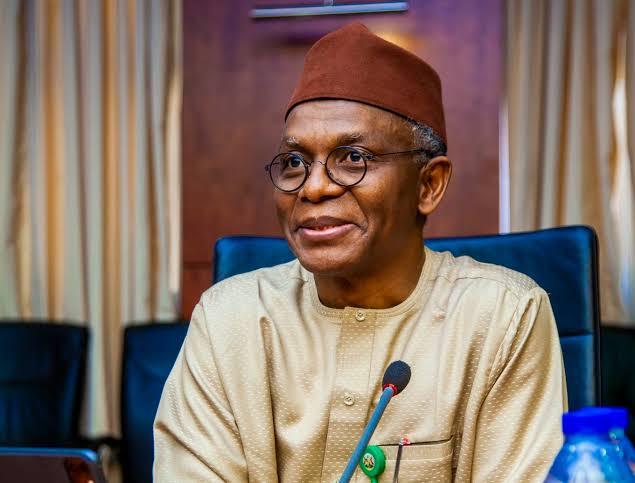Former Kaduna State Governor and ex-Minister of the Federal Capital Territory, Mallam Nasir El-Rufai, has called on Nigerians to embrace federalism, credible elections, and elite consensus as the foundation for the country’s progress over the next 65 years.
Speaking at an interactive session in Owerri with clergy, professionals, and citizens, El-Rufai emphasized the urgent need for a collective vision to address Nigeria’s structural challenges. He noted that while Nigeria has made democratic gains since 1999, including regular elections, participation has drastically declined—from over 60 percent voter turnout in 2003 to barely 27 percent in 2023—reflecting growing public estrangement from the electoral process.
“The evidence compels us to say it plainly. Nigeria is the world’s most populous Black nation, projected to exceed 400 million by 2050, yet remains structurally fragile,” El-Rufai said. He highlighted high poverty rates, unemployment among youth, inflation, and mounting public debt as pressing concerns that threaten national stability.
El-Rufai stressed that a new elite consensus—an agreement among political, business, and civil society leaders on the nation’s direction—is critical. “In every functioning democracy, stability lies not just in constitutions, but in unwritten agreements among elites about the limits of power, the sanctity of citizenship, and the rules of political competition,” he said.
He further advocated for a transition to electronic voting and real-time transmission of results ahead of the 2027 general elections, citing successful experiments in Kaduna State during the 2018 and 2021 local government elections. “Imagine a system where each voter is verified electronically, votes digitally, and sees results transmitted instantly and transparently. Public confidence begins to rebuild itself, one fair vote at a time,” he said.
Beyond elections, El-Rufai called for deliberate, competent governance focused on problem-solving rather than the zero-sum pursuit of power. He outlined six critical questions Nigeria must address, including economic restructuring, education alignment with labor market needs, infrastructure development, healthcare and education funding, and discouraging rent-seeking while rewarding honest work.
On federalism, he argued that Nigeria must return to its founding principles of decentralization, where states have autonomy over key sectors such as policing, education, healthcare, infrastructure, and taxation. “True federalism encourages competition, innovation, and accountability. It replaces uniform mediocrity with decentralized excellence,” he said, noting that recent constitutional amendments moving electricity and railways to the concurrent list are steps in the right direction.
El-Rufai concluded with a call to action: “At 65, Nigeria must choose. We can continue to lurch forward, or we can reset deliberately, boldly, and with collective purpose. Nigeria can be great—but it must be deliberately made great, not wished into greatness.”
He extended Independence Day greetings to Nigerians, expressing optimism that with vision, clarity, and courage, the nation’s next 65 years can be transformative.
The post Independence Day: Nigeria’s next 65 years need federalism, fair elections – El-Rufai appeared first on Vanguard News.

